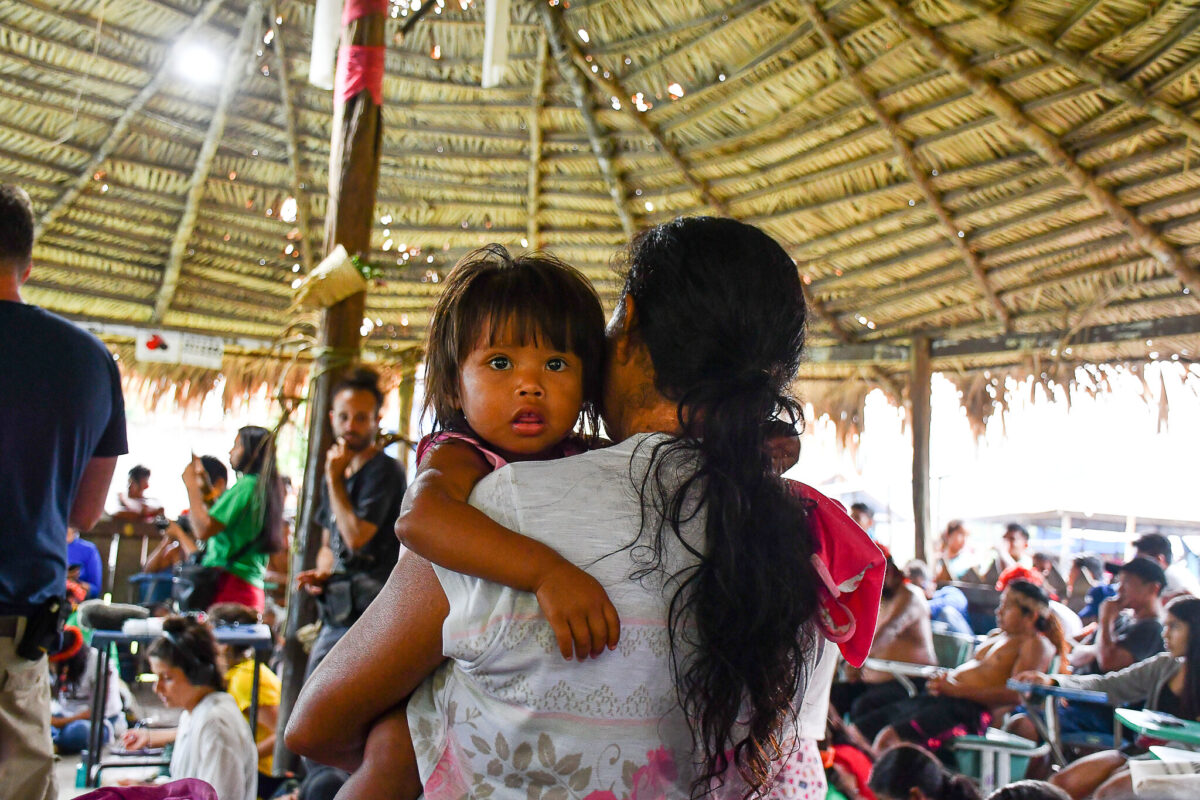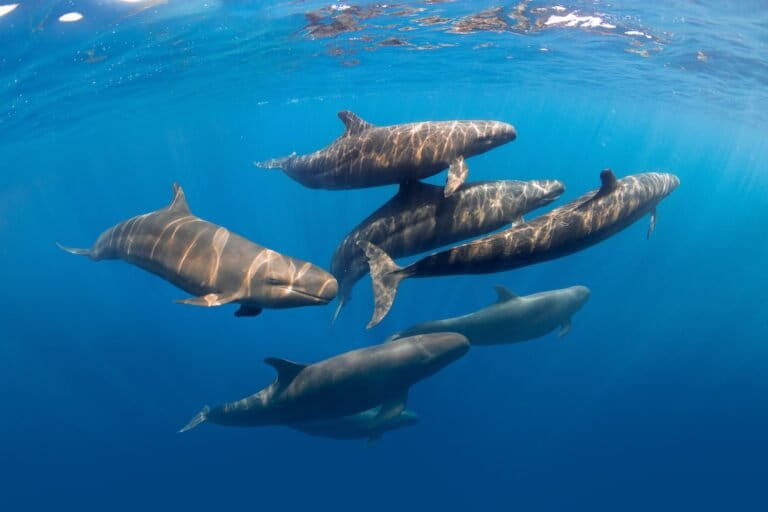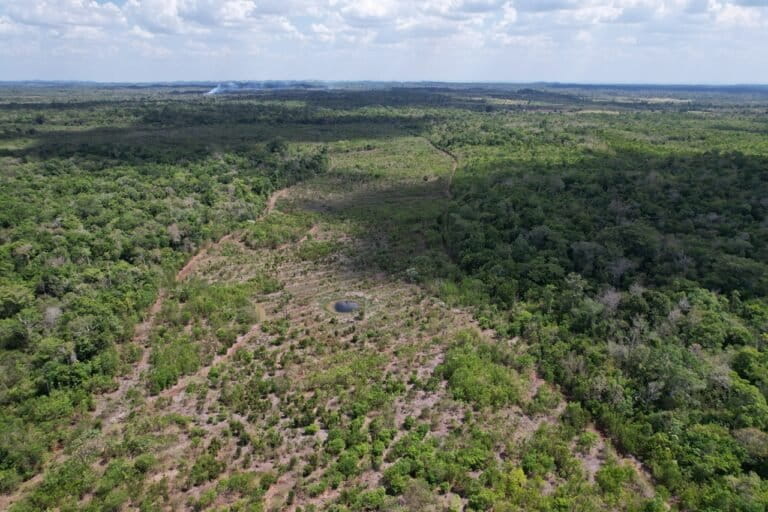Rainforest timber continues to be cut illegally from Madagascar’s national parks despite a recently announced moratorium on precious wood exports and logging, reports a source from the Indian Ocean island nation.
On March 24, Madagascar’s transitional authority unveiled decree (no. 2010-141) prohibiting all exports of rosewood and precious timber for two to five years during a council meeting held at Ambohitsorohitra Palace in Antananarivo, Madagascar’s capital city. But with the revelation that logging is continuing within Masoala National Park, a UNESCO World Heritage Site, questions are now being raised about the decree.
“The decree establishing the moratorium has not yet been signed by the government,” said the source, who spoke on the condition of anonymity.
“The decree is now looking like a public relations stunt by the government.”
The allegation that the government is failing to follow through on its promise to rein in illegal logging does not come as a surprise. The Global Witness and the Environmental Investigation Agency — groups that have been investigating the illegal timber trade in Madagascar — questioned whether the decree would be effective shortly after it was announced.
Meanwhile timber traffickers are reportedly having a difficult time managing the large amounts of cash generated by the recent shipment of rosewood timber on the Kiara, a cargo vessel owned by the French shipping company Delmas.
The same source reports that earlier this week timber traffickers — locally known as bolabolists — were in Antananarivo trying to open new bank accounts using large amounts of cash. At least one bank — Banque Malgache Océan Indien (BMOI), a subsidiary of BNP Paribas — turned down the deposit after it became clear the money was from illegal timber trafficking. The bolabolists were later seen buying new Toyotas.
“It remains to be seen whether the [Madagascar transitional authority] is serious about stopping illegal logging,” said another observer, who asked to remain anonymous. “The bolabolists have friends in high places.”
Related
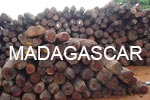
Madagascar bans rainforest timber exports following global outcry
(03/25/2010) Under mounting pressure over illegal logging of its national parks, Madagascar’s transitional government on Wednesday reinstated a ban on rosewood logging and exports. The decree (no. 2010-141), which prohibits all exports of rosewood and precious timber for two to five years, was announced during a council meeting held yesterday at Ambohitsorohitra Palace in Antananarivo, Madagascar’s capital city.
How to end Madagascar’s logging crisis

(02/10/2010) In the aftermath of a military coup last March, Madagascar’s rainforests have been pillaged for precious hardwoods, including rosewood and ebonies. Tens of thousands of hectares have been affected, including some of the island’s most biologically-diverse national parks: Marojejy, Masoala, and Makira. Illegal logging has also spurred the rise of a commercial bushmeat trade. Hunters are now slaughtering rare and gentle lemurs for restaurants.
Satellites being used to track illegal logging, rosewood trafficking in Madagascar

(01/28/2010) Analysts in Europe and the United States are using high resolution satellite imagery to identify and track shipments of timber illegally logged from rainforest parks in Madagascar. The images could be used to help prosecute traders involved in trafficking and put pressure on companies using rosewood from Madagascar.
Coup leaders sell out Madagascar’s forests, people
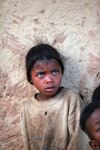
(01/27/2010) Madagascar is renowned for its biological richness. Located off the eastern coast of southern Africa and slightly larger than California, the island has an eclectic collection of plants and animals, more than 80 percent of which are found nowhere else in the world. But Madagascar’s biological bounty has been under siege for nearly a year in the aftermath of a political crisis which saw its president chased into exile at gunpoint; a collapse in its civil service, including its park management system; and evaporation of donor funds which provide half the government’s annual budget. In the absence of governance, organized gangs ransacked the island’s biological treasures, including precious hardwoods and endangered lemurs from protected rainforests, and frightened away tourists, who provide a critical economic incentive for conservation. Now, as the coup leaders take an increasingly active role in the plunder as a means to finance an upcoming election they hope will legitimize their power grab, the question becomes whether Madagascar’s once highly regarded conservation system can be restored and maintained.



